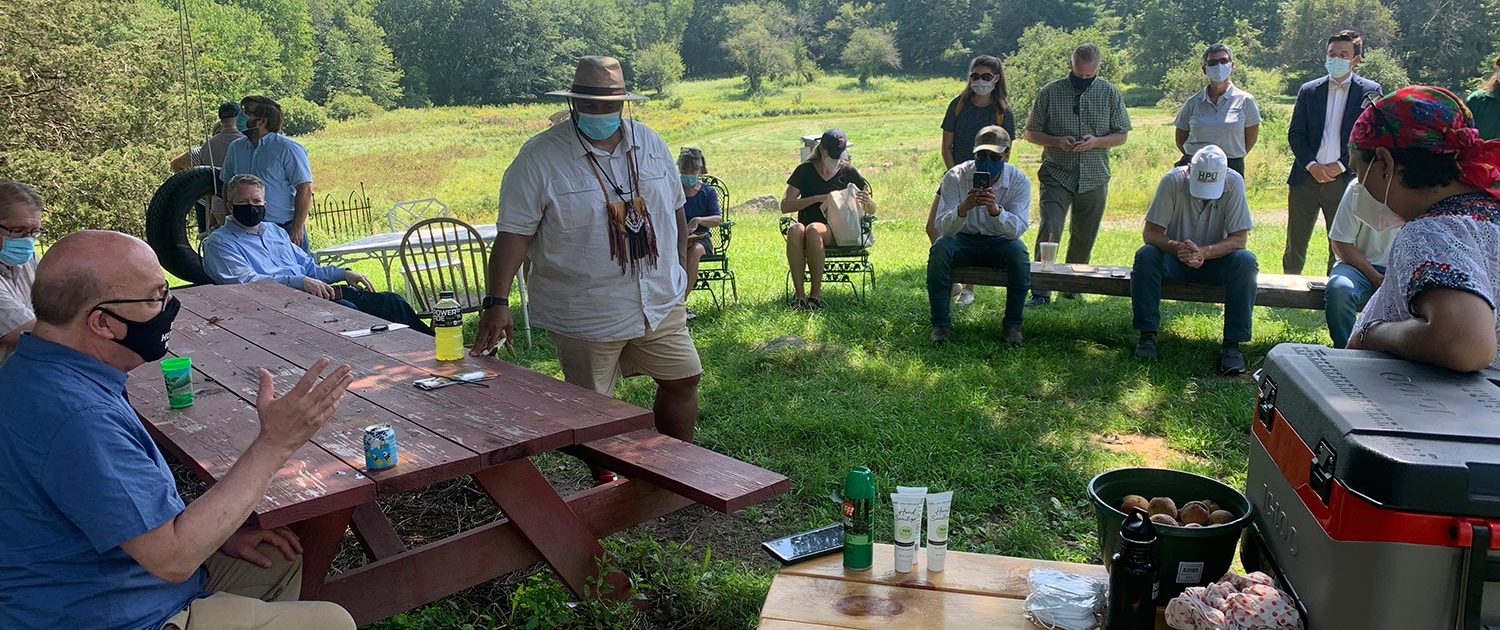
Funds will focus on helping BIPOC-led organizations expand services to communities of color across Rhode Island
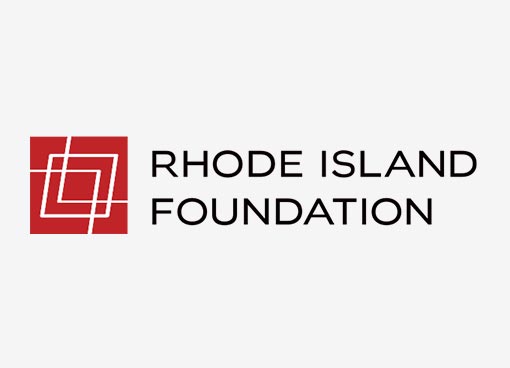 By Chris Barnett | November 22, 2021
By Chris Barnett | November 22, 2021
See Press Release
The Rhode Island Foundation today announced it has awarded $660,000 in grants to build the capacity of nonprofits led by people of color. Eleven organizations will receive $60,000 apiece over the course of the two-year program. Only nonprofits led by people identifying as Asian, Black, Hispanic or Latino, Indigenous or multi-racial were eligible.
“Structural racism is a growth barrier to many organizations. Our grants give them the resources necessary to break the ‘starvation cycle’ that limits their ability to maintain or grow their programs.”
– Angie Ankoma, executive director of the Foundation’s Equity Leadership Initiative and a vice president at the Foundation
The nonprofits will co-create the learning curriculum, which will cover topics such as good governance, fundraising, communications planning and financial planning. In addition, consultants of color will provide workshops and technical assistance.
Movement Ground Farm of Tiverton is among the nonprofits receiving grants. The 10-acre farm gives people of color the opportunity to work the land in a communal effort to raise vegetables, fruit and meat birds for sale and their own consumption.
“In order to straddle giant leaps forward in organizational growth and expansion of critical farm infrastructure, we are looking inward to build the leadership capacity to carry out the work. We will use the grant to build sustainable, perennial, BIPOC-leadership in our farm organization by developing a cooperative model of leadership and commit to practices that invest equitably in the organization, the land, and its workers,” said Kohei Ishihara, executive director. “This grant is just what we needed – a flexible and unrestricted source of income to meet us in this dynamic moment of growth.”
The other recipients are A Leadership Journey in Providence, Mixed Magic Theatre and Cultural Events in Pawtucket, Movement Education Outdoors in Woonsocket, Pocasset Pokanoket Land Trust in Cranston, Reentry Campus Program in Providence, Sankofa Community Connection in Newport, Sunrise Forever in Providence, Women’s Refugee Care in Providence, Mount Hope Community Center in Providence and Youth in Action in Providence.
The capacity-building program is just one facet of the Rhode Island Foundation’s broad, three-year, $8.5 million plan to advance diversity, equity, inclusion and access – with a first focus on racial equity – above and beyond its traditional yearly grant-making.
Recent work includes launching the Equity Leadership Initiative to develop a pipeline of leaders of color for positions of influence throughout Rhode Island and creating a grant program to help nonprofits create anti-racist organizational cultures.
“Eliminating disparities and inequities is among our core values, and is a major focus across all of our work in the community. We use a racial equity lens while making decisions about allocating resources to improve health, educational success and economic security among other critical issues,” said Neil D. Steinberg, president and CEO of the Foundation.
The Rhode Island Foundation is the largest and most comprehensive funder of nonprofit organizations in Rhode Island. Working with generous and visionary donors, the Foundation raised $68 million and awarded a record $87 million in grants in 2020. Since its centennial five years ago, the Foundation has awarded more than $284 million in grants and has raised more than $328 million. Through leadership, fundraising and grant-making activities, often in partnership with individuals and organizations, the Foundation is helping Rhode Island reach its true potential.
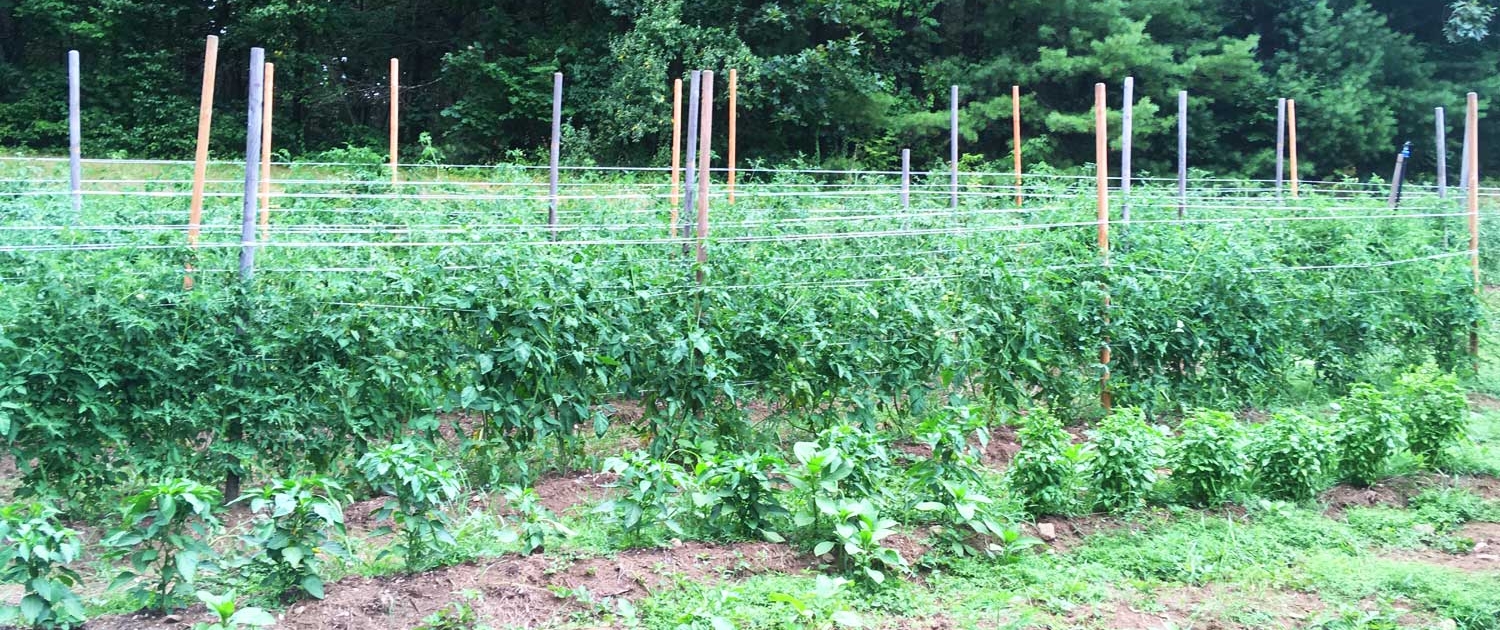

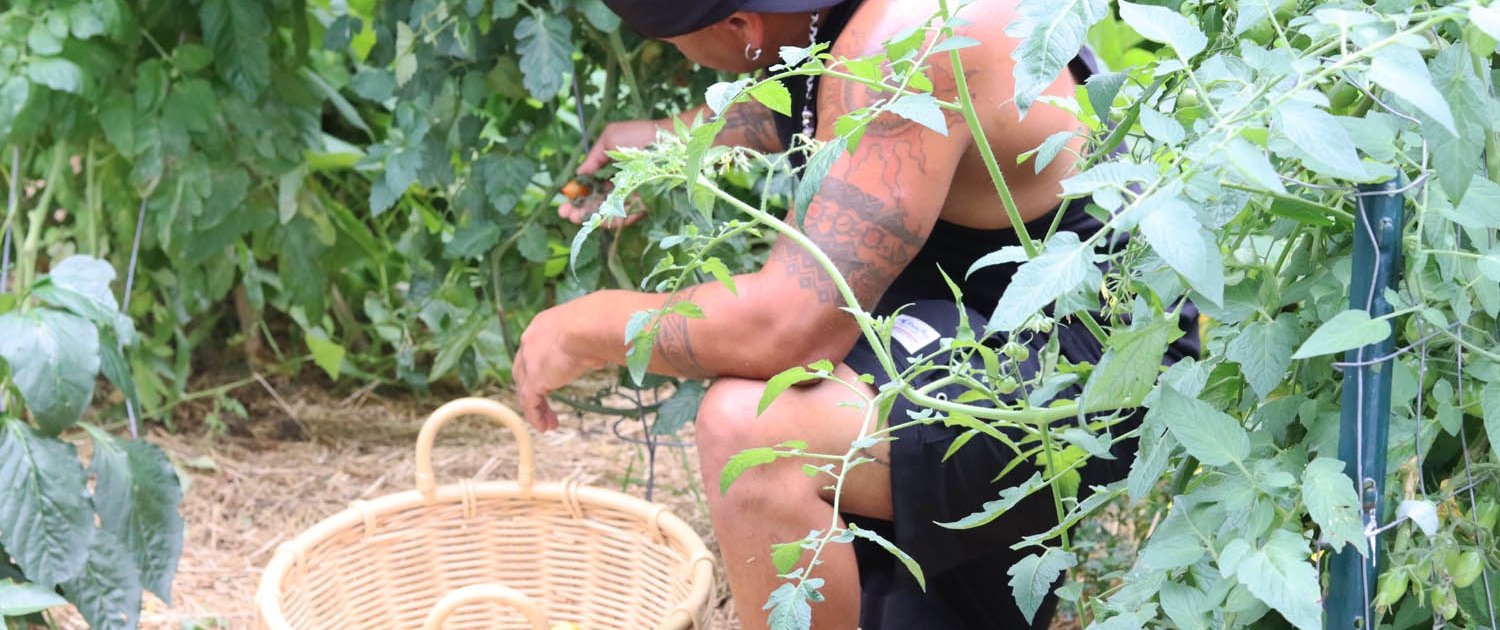

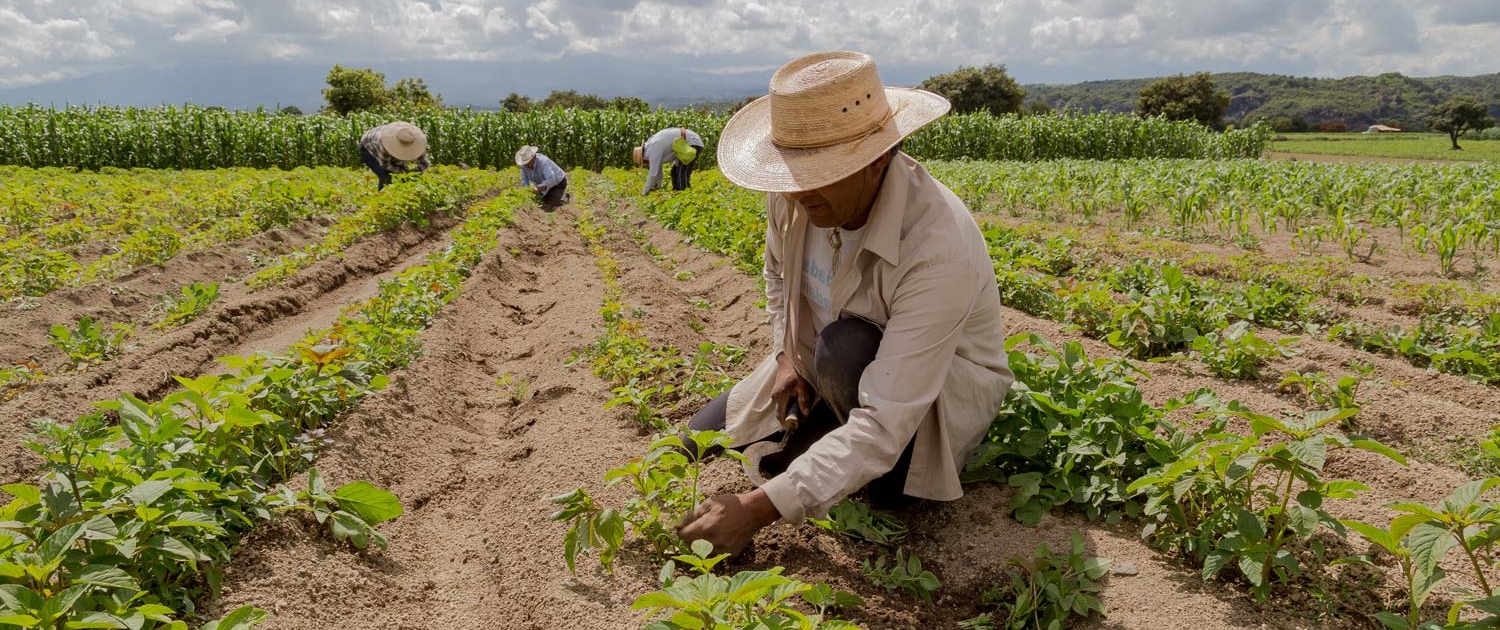
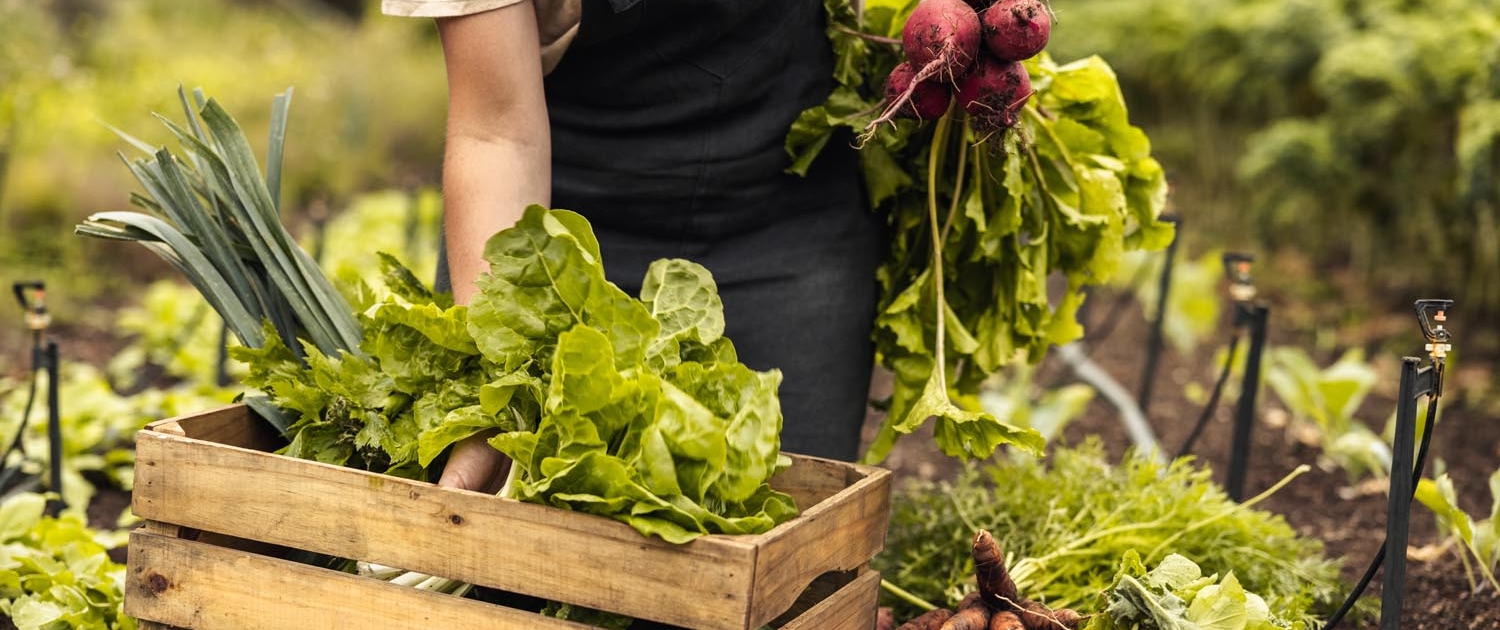
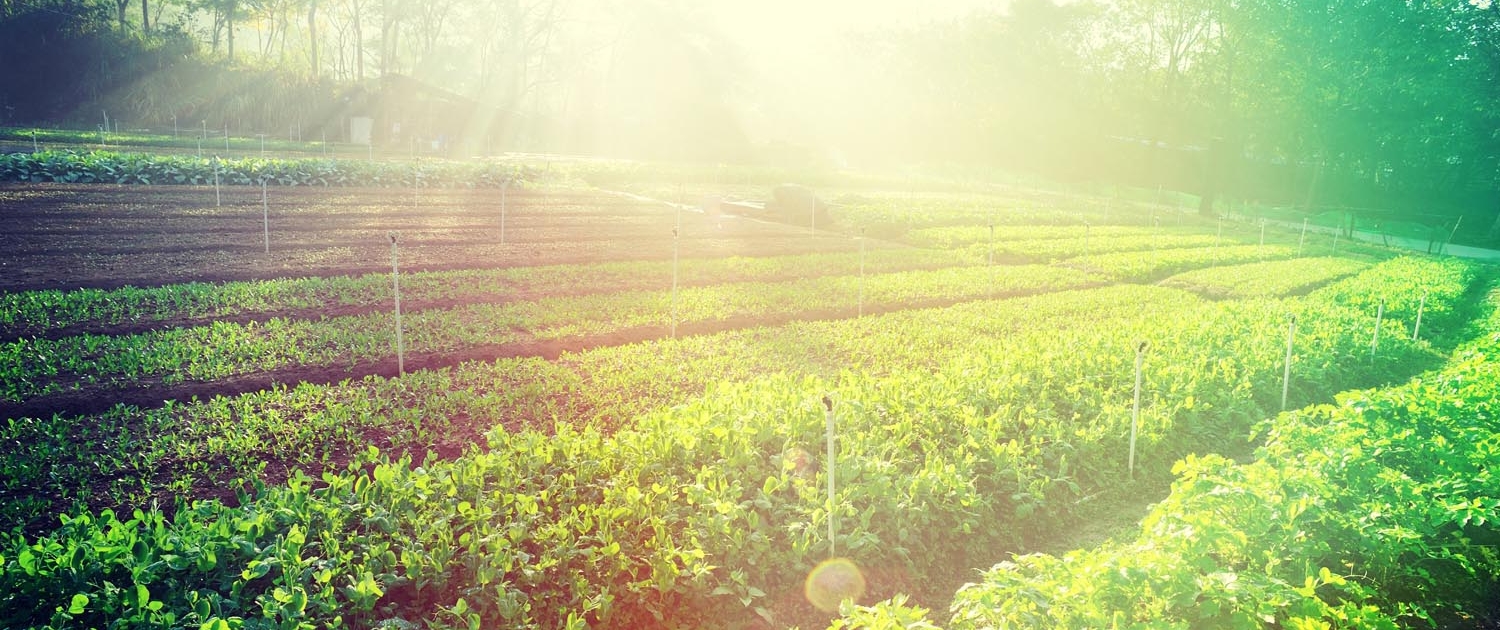



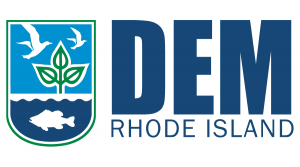 PROVIDENCE – Governor Dan McKee and the Rhode Island Department of Environmental Management (DEM) announced today the awarding of more than $2.73 million in grants to help communities and local organizations protect valuable green space throughout Rhode Island. Ten projects will receive matching grants to protect 400 acres of open space and farmland across the state. The funding is made possible by the 2016 and 2018 green economy bonds, both of which were passed overwhelmingly by voters and made investments in preserving open space, improving recreational facilities, and cleaning up lands and waters.
PROVIDENCE – Governor Dan McKee and the Rhode Island Department of Environmental Management (DEM) announced today the awarding of more than $2.73 million in grants to help communities and local organizations protect valuable green space throughout Rhode Island. Ten projects will receive matching grants to protect 400 acres of open space and farmland across the state. The funding is made possible by the 2016 and 2018 green economy bonds, both of which were passed overwhelmingly by voters and made investments in preserving open space, improving recreational facilities, and cleaning up lands and waters.
 By Chris Barnett | November 22, 2021
By Chris Barnett | November 22, 2021